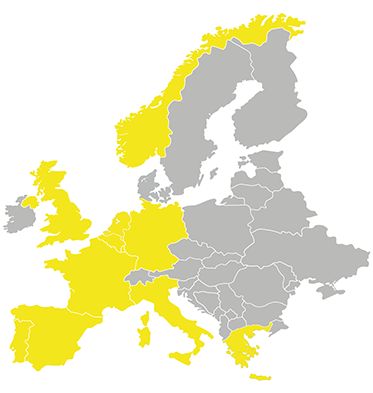What does the report say?
- Prioritise research and innovation in EU and national budgets. Action: double the budget of the post-2020 EU research and innovation programme.
- Build a true EU innovation policy that creates future markets.
- Educate for the future and invest in people who will make the change.
- Design the EU R&I programme for greater impact.
- Adopt a mission-oriented, impact-focused approach to address global challenges.
- Rationalise the EU funding landscape and achieve synergy with structural funds.
- Simplify further.
- Mobilise and involve citizens.
- Better align EU and national R&I investment.
- Make international R&I cooperation a trademark of EU research and innovation.
- Capture and better communicate impact.
Doubling the budget of the post-2020 EU research and innovation programme
Alongside the concrete ideas in the report sits one big aspirational one: doubling the EU research budget in 2021. “Doubling the overall budget of the post-2020 EU research and innovation programme is the best investment the EU can make,” the report says. The total budget for the period 2014-2020 is around 80 billion euro. The authors set their sights high, adding that anything below 120 billion euro after 2021 “would break momentum and call into question the EU’s commitment to deliver on its political priorities,” the report adds.
Raising the success rate from 25% up to 30%
Increasing the budget will help address the growing failure rate problem. Horizon 2020 has only enough budget to fund one in four proposals evaluated as high-quality. “The post-2020 programme must ensure a success rate in the range of 15 to 20%, as was the case for Horizon 2020’s predecessor. Funding should be secured for at least 30% of high quality proposals,” according to the report.
What will happen now?
The report will be used as a lever in negotiations inside and outside the Commission on the next multiannual financial framework, the EU’s overall, long-term budget plan to be negotiated over the next year or two. The negotiations will be tough because radical ideas such as moving more responsibility for EU regional funding into the research programme, and devoting more agricultural and regional funding to innovation-related work, won’t be supported by everyone.
Follow up
The PNO Innovation team will closely follow the discussions and negotiations for the years to come and inform you about relevant developments.




